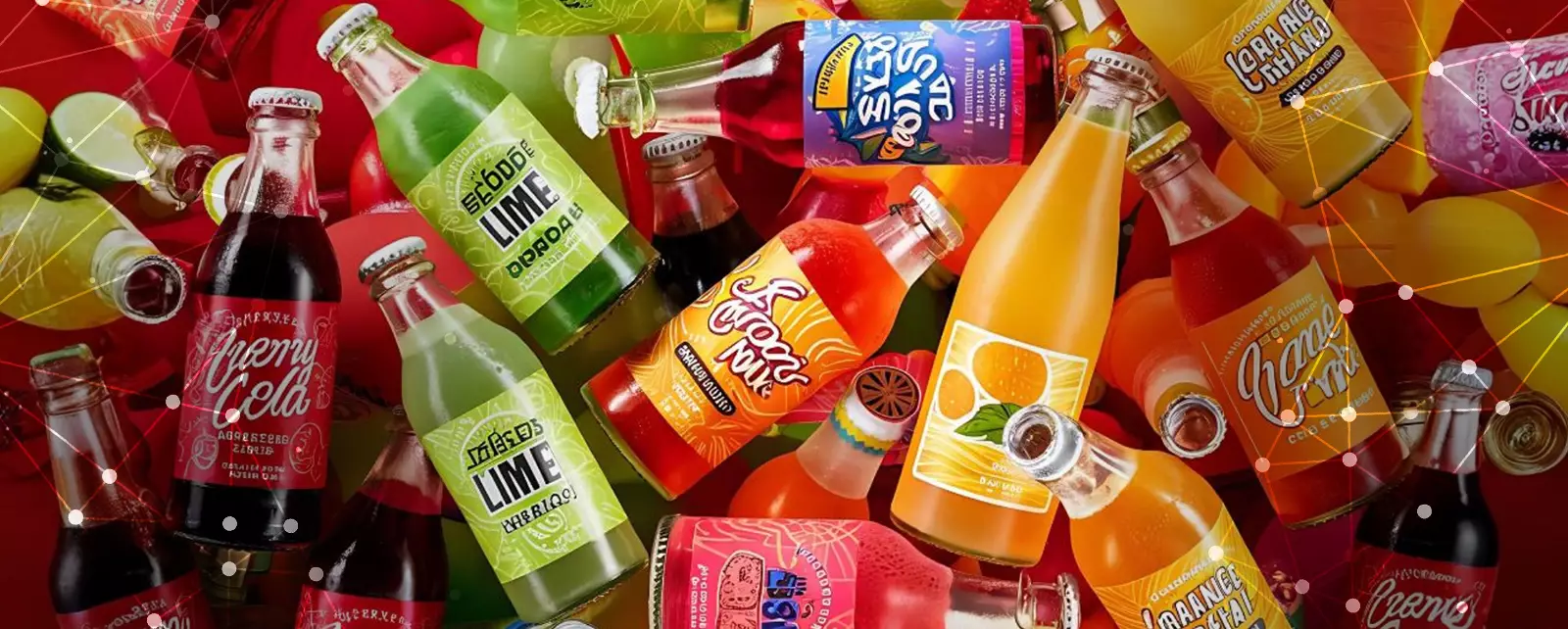Incorporating Latin drinks into your inventory not only allows you to offer high quality products with unique flavors, but also provides the advantage of competitive prices and highly efficient import logistics. In this article, we will explore in depth why Latin drinks are an excellent addition to any business in the U.S. market. Discover how these drinks are winning over consumers and how you can successfully integrate them into your offerings.
Latin drinks have gained significant popularity in the U.S. market for several reasons that set them apart from other options. Here are the key factors driving this demand:
Latin drinks are often made using fresh, high-quality ingredients, ensuring an exceptional final product. The attention to detail in the selection of raw materials and production processes translates into a taste and freshness that resonate well with quality-conscious consumers.
The diverse cultural heritage of Latin America is reflected in a wide range of unique flavors not commonly found in other drinks. From exotic tropical fruit drinks to innovative fruit and vegetable combinations, Latin beverages offer an unparalleled taste experience that appeals to consumers looking for something new and authentic.
In addition to their flavor, Latin drinks represent an important cultural connection for the growing Hispanic communities in the United States. These drinks not only satisfy the palate but also fulfill the desire of Latin consumers to keep their traditions alive and share their culture with others.
Many of these products also cater to the growing demand for healthier options. For example, coconut water and plant-based milks like almond or oat milk have found a place in the market among health-conscious consumers.
The import of non-perishable Latin drinks to the United States is an efficient process, optimized for several key reasons:
Non-perishable Latin drinks, such as canned, bottled, or powdered beverages, have a long shelf life. This reduces urgency and risk in transportation and storage, allowing for more flexible logistics.
These products do not require strict temperature or humidity conditions, simplifying their storage and transport. No need to maintain cold chains, which reduces costs and logistical complexity.
The durability of these drinks allows the use of more economical transportation methods, such as sea freight. There's no need to expedite delivery, significantly lowering operational costs.
Importing companies have established a strong distribution network in strategic locations like Los Angeles, Miami, and New York. This ensures fast and efficient distribution nationwide, with less need for urgency due to the non-perishable nature of the products.
The possibility of deterioration or quality loss is minimal, reducing financial risk for importers. This, in turn, allows for more secure and efficient supply chain planning.
While they must comply with FDA standards and other regulations, non-perishable drinks typically face fewer restrictions compared to fresh or perishable products. This facilitates and speeds up the import process.
Thanks to their long shelf life, importers can maintain a broader inventory and rotate products according to demand without worrying about expiration. This allows them to quickly respond to market fluctuations and seasonal demands.
One of the biggest draws of Latin drinks is their competitive pricing. These products not only offer quality and unique flavors but do so at a cost that is attractive to both retailers and consumers. Large-scale production in their countries of origin and efficiencies in the supply chain keep prices low without compromising quality.
The wide variety of Latin drinks has won over the palates of U.S. consumers, with some options standing out in particular. Among the most popular are:
Iconic brands like Jarritos and Inca Kola have found a solid niche in the U.S. market, offering unique flavors like tamarind, guava, and pineapple.
Natural drinks like tamarind and mango juices are preferred by those seeking fresh and flavorful options. Combinations of fruit and vegetable drinks are also included, offering a healthy and nutritious choice.
Valued for its numerous health benefits, coconut water has seen a remarkable rise in popularity, especially among those seeking hydrating and natural alternatives.
Almond, oat, soy, and coconut milks are now popular options among health-conscious consumers, as well as those with food intolerances, establishing a strong presence in the market.
Traditional drinks like horchata and hibiscus tea are gaining ground for their authentic and refreshing flavors. Additionally, herbal infusions such as chamomile, mint, and yerba mate tea have captured the attention of those seeking a comforting and natural beverage experience.

Browse an exceptional variety of Latin drinks and effortlessly place an order for the products that catch your eye. Click here to visit our marketplace on Bosanet and discover how you can expand your inventory with these exceptional products.
To ensure you’re working with reliable Latin drink suppliers, it’s essential to connect with specialized platforms like Bosanet. This marketplace has an intuitive process to find, compare, and purchase quality products from reliable Latin American suppliers with just a few clicks. Don’t miss the opportunity to strengthen your business—visit Bosanet and grow your inventory today!
Stay ahead with expert perspectives delivered straight to your inbox.